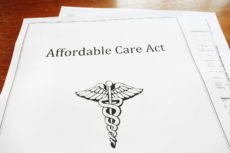 Before the Affordable Care Act passed in March 2010, President Obama repeatedly promised that the typical family’s health premiums would go down by $2,500 after implementing the expansion of health insurance we label Obamacare.
Before the Affordable Care Act passed in March 2010, President Obama repeatedly promised that the typical family’s health premiums would go down by $2,500 after implementing the expansion of health insurance we label Obamacare.
Nothing of the sort has happened, of course. For the past few years, prices and spending have appeared moderate by historical standards. However, that is largely because they are reported in nominal terms, not real (inflation-adjusted) terms. From the Great Recession until very recently, general measures of inflation were about zero. An increase of premiums of eight percent when general measures of inflation are about zero is a lot more than an increase of eight percent when general measures of inflation are about three percent.
Actuaries at the Centers for Medicare & Medicaid Services, a government agency, have just updated their estimate of future health spending:
For 2018 and beyond, both Medicare and Medicaid expenditures are projected to grow faster than in the 2016–17 period, and more rapidly than private health insurance spending, for several reasons. First, growth in the use of Medicare services is expected to increase from its recent historical lows (though still remain below longer-term averages). Second, the Medicaid population mix is projected to trend more toward somewhat older, sicker, and therefore costlier beneficiaries. Third, baby boomers will continue to age into Medicare, with some of them dropping private health insurance as a result. And finally, growth in the demand for health care for those with private coverage is projected to slow as the relative price of health care—the difference between medical prices and economywide prices—is expected to begin gradually increasing in 2018 and as income growth slows in the later years of the projection period.
The vanity of Obamacare was that more central planning would reduce wasteful use of resources through “value-based” and “accountable” care. In fact, demand for health services by the privately insured will shrink only because prices outpace our ability to pay for them as government weighs down our prosperity.
* * *
For the pivotal alternative to Obamacare, see Priceless: Curing the Healthcare Crisis and A Better Choice: Healthcare Solutions for America, by John C. Goodman, published by Independent Institute.
 The Government Accountability Office (GAO) has published its
The Government Accountability Office (GAO) has published its 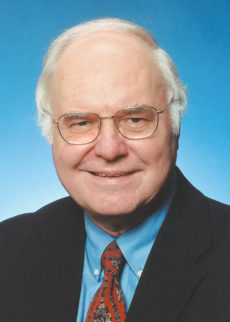
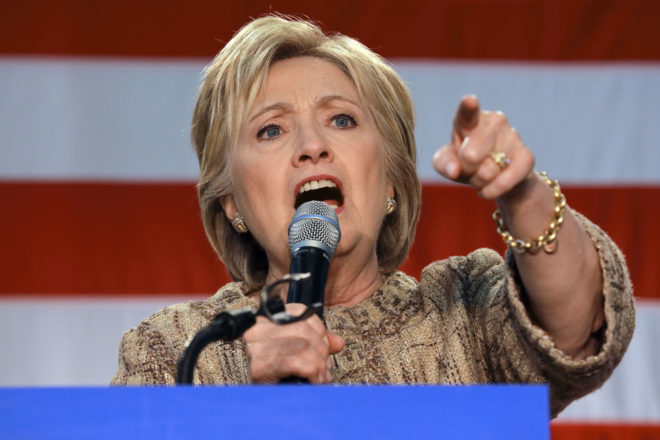 Hundreds of thousands of people protested Donald Trump’s presidential election win, many believing he “stole” the presidency because Clinton “won” the popular vote. Digging below the surface of the November 2016 election results, however, suggests that Clinton’s presidential bid was doomed from the beginning. Moreover, the popular vote “win” may actually have been a result of conservatives in the “never Trump” camp crossing party lines, raising intriguing questions about whether she could have even governed successfully if she had won.
Hundreds of thousands of people protested Donald Trump’s presidential election win, many believing he “stole” the presidency because Clinton “won” the popular vote. Digging below the surface of the November 2016 election results, however, suggests that Clinton’s presidential bid was doomed from the beginning. Moreover, the popular vote “win” may actually have been a result of conservatives in the “never Trump” camp crossing party lines, raising intriguing questions about whether she could have even governed successfully if she had won.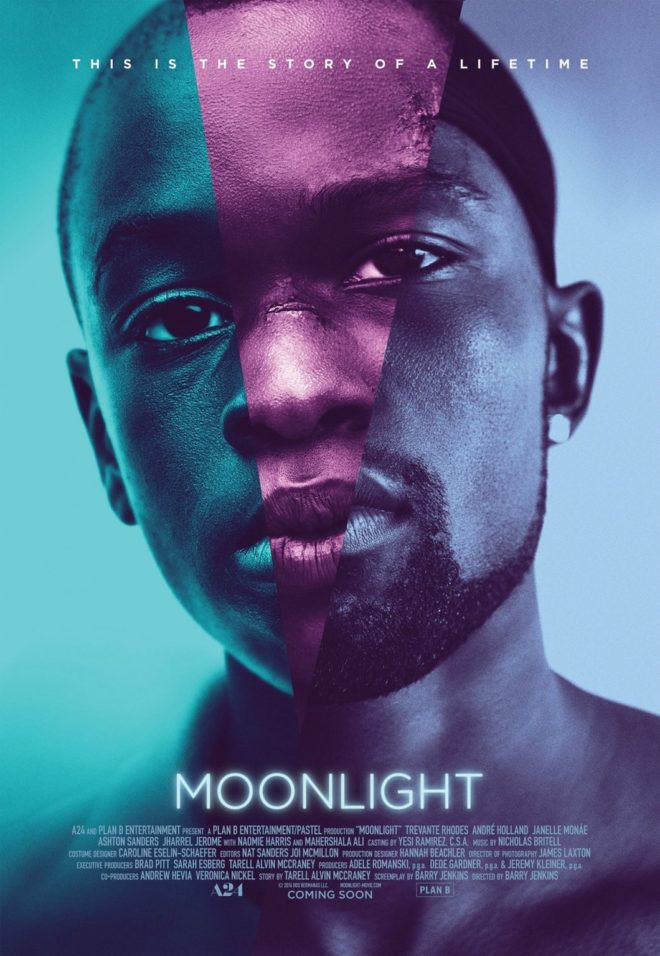 On the surface,
On the surface,  It is a pity that Ecuador’s presidential election, which will be held this coming Sunday, is not attracting more international attention. It should, now that the world is witnessing the rise of populist nationalism.
It is a pity that Ecuador’s presidential election, which will be held this coming Sunday, is not attracting more international attention. It should, now that the world is witnessing the rise of populist nationalism. New research by scholars at the University of Pittsburgh shows that American patients have significantly better access to new cancer medicines than their peers in other developed countries:
New research by scholars at the University of Pittsburgh shows that American patients have significantly better access to new cancer medicines than their peers in other developed countries: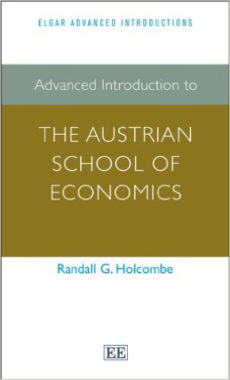
 Like nearly all economists, I am inclined to explain to people who favor tariffs that such taxes entail inefficiencies. They make the consummations of otherwise desirable trades more costly and hence discourage people’s actions that, absent the tariffs, would result in the creation of new wealth. After all, people who voluntarily purchase goods and services from sellers who reside outside the national borders expect to gain by making those purchases (and, of course, the sellers also expect to gain from the sale), and a gain from trade is the principal form of wealth creation in the world today. It is child’s play for an economist to explain the theory of comparative advantage, however inclined most lay people are to reject the argument despite its iron-clad logic.
Like nearly all economists, I am inclined to explain to people who favor tariffs that such taxes entail inefficiencies. They make the consummations of otherwise desirable trades more costly and hence discourage people’s actions that, absent the tariffs, would result in the creation of new wealth. After all, people who voluntarily purchase goods and services from sellers who reside outside the national borders expect to gain by making those purchases (and, of course, the sellers also expect to gain from the sale), and a gain from trade is the principal form of wealth creation in the world today. It is child’s play for an economist to explain the theory of comparative advantage, however inclined most lay people are to reject the argument despite its iron-clad logic.




